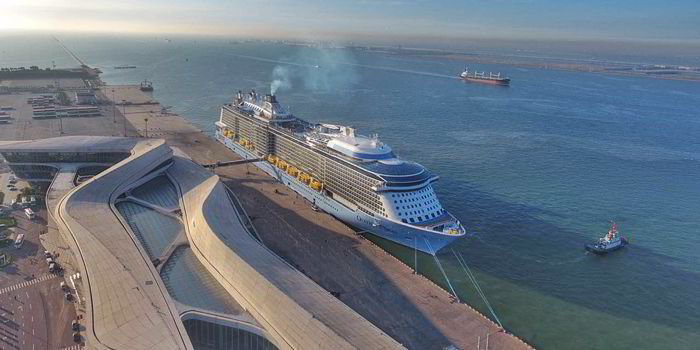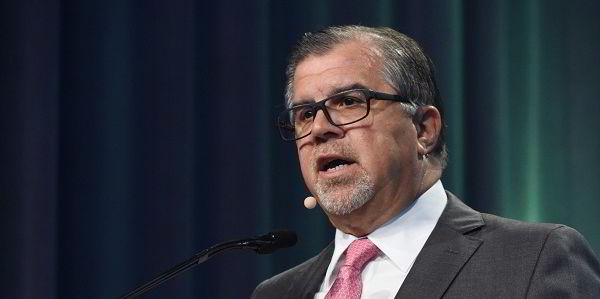Geopolitical risk is the biggest threat facing the cruise sector, Norwegian Cruise Line Holdings chief executive Frank Del Rio said today.
The head of the world’s third largest cruiseship owning group said that while the industry has proven resilient in the face of daunting challenges, several high-yielding Mediterranean and Black Sea destinations have been taken off the cruise map by events that could not be planned for, such as terrorism incidents and instability that has kept cruise lines out of Turkey.
Del Rio also pointed to the Black Sea ports of Crimea and Sebastopol, which have been impacted by instability in Ukraine and Russia’s annexation of Crimea.
Immediate impact
“These events, when they occur, often significantly and instantaneously affect the performance of many itineraries, which affects basic consumer demand and therefore affects financial performance,” he told the Seatrade Cruise Global conference in Fort Lauderdale.
“The solution to this threat, besides praying a lot, is to have a diversified sourcing strategy and a flexible deployment backup plan that can be initiated very quickly.”
Del Rio touts himself as a cruise chief executive who is uniquely focused on destinations, reviewing all itineraries of Norwegian’s three cruise brands.

“Every morning I wake up, and I hope there’s no headline news,” Del Rio said.
Carnival chief executive Arnold Donald pointed to China’s relationship with South Korea as another geopolitical pressure. China’s government has been putting pressure on travel companies to stop selling cruises to South Korea over the decision to install a US anti-missile system.
“The only thing that really stops our industry is people’s ability to travel,” he said. “As long as the world stays open to travel, we’ll do alright.”



